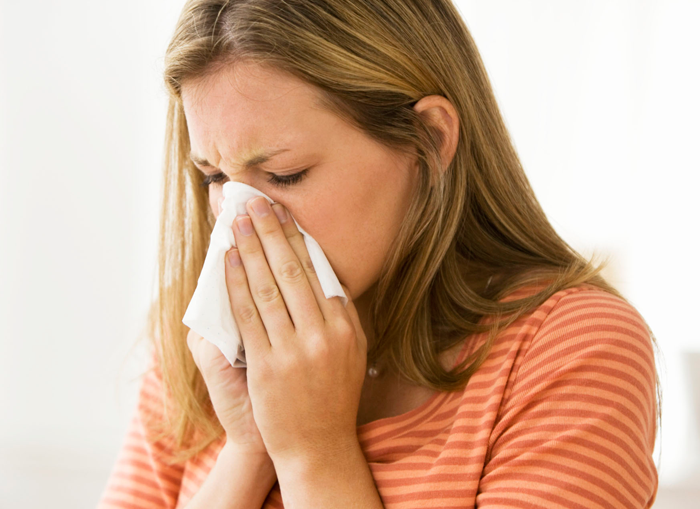Depression and mental health
Experts in Depression and mental health
Serving the Houston Area
At Doctors Clinic Houston, our quality physicians, nurses and support staff are ready to provide total, expert family and internal medicine health care services to you and your entire family. We have Convenient Houston Locations throughout the entire Houston area to serve you in your time of need.

Allergy Symptoms
- Congestion
- Itchy, watery eyes
- Skin problems.
- Frequent infections.
- Feeling tired.
- Feeling anxious.
- Cannot sleep.
- Digestive problems.
- Bloating.
- Constipation.
- Mood swings.
- Having trouble concentrating.
- Muscle weakness.
- Swollen joints?
- … and more!
Doctors Clinic Houston has six locations, each offering professional and affordable family physician and internal medicine services. The aim is, and has always been, to supply patients with services that meet their needs without costing an arm and a leg.
Depression and mental health Treatment
Your allergist will obtain a detailed medical history, examine you and evaluate your symptoms. Tests (perhaps lung function tests or x-rays) will be performed to find out the type of your allergic disease. Skin tests or allergy blood tests may be needed to find out the precise causes of your allergic symptoms. Based on the entire clinical evaluation, a diagnosis is made.
If the allergy tests are negative, the allergist can still help find the cause of your symptoms, do not despair. Allergists are also experts in the treatment of nonallergic asthma, rhinitis, food and drug reactions, and other types of problems of your immune system, like frequent infections.
Treatment
This is the step where your allergic symptoms and you get better. Allergy treatments are of three types: Prevention. Medication. Immunotherapy.
Prevention
Once identified, the cause of the symptoms may be avoided or removed from your life. For example, a particular food can be avoided, or a pet can be removed from the home or kept away from sleeping areas.
Some causes of allergic symptoms, such as pollen, molds and dust mites, cannot be completely eliminated and are difficult to avoid. Exposure can be reduced, however, by environmental control measures prescribed by your allergist.
Medication
Although prevention comes first, more may be needed. Medications are usually used to decrease allergy symptoms and improve the patient’s quality of life, recent advances in medications for asthma and other allergic diseases have been phenomenal. Improvements in drugs have eliminated most of the side effects from older drugs.
The allergy specialist is an expert in the latest safe and effective medications for treating allergic illness.
Immunotherapy (“allergy shots”)
If a specific allergy is identified and it cannot be avoided or medications are not sufficient to restore your health, the allergic symptoms may be controlled or eliminated with allergy shots.
Allergy shots have been used since 1911. In the past century, there has been considerable improvement in the effectiveness of this treatment, which decreases a patient’s sensitivity (allergy) to a number of allergens, such as cat or ragweed. The treatment is a method for increasing the allergic patient’s natural resistance (tolerance) to the things that are triggering the allergic reactions.
This treatment involves injections of small amounts of purified “extracts” of the substances that are causing allergic reactions. For example, the extracts may be derived from pollens, mold spores, animal dander, dust mites or insect venom. The U.S. Food and Drug Administration approve them for this use, and over the years they have been improved considerably.
Allergy shots stimulate the immune system to fight allergies safely, effectively and naturally. Beginning with small doses and increasing them gradually on a weekly or biweekly basis, the therapy continues until a maintenance level is achieved. Then, a maintenance dose is injected every few weeks.
Immunity does not occur immediately, but some patients do begin to feel better quickly. Most patients are continued on monthly injections for 3 to 5 years once they reach the maintenance dose. In some patients, immunity is maintained and treatment can be stopped after several years. For others, treatment may be needed for longer periods of time. Generally the benefits of allergy shots can last for many years, or even a lifetime.
With the immune system restored to good health, few or no medications may be needed. Work or school days are no longer missed. The burden of allergies is lifted, and allergies become something you just don’t think about any more. Candidates for allergy shots include most children and adults. Pregnant patients can continue treatment that was started prior to pregnancy.
